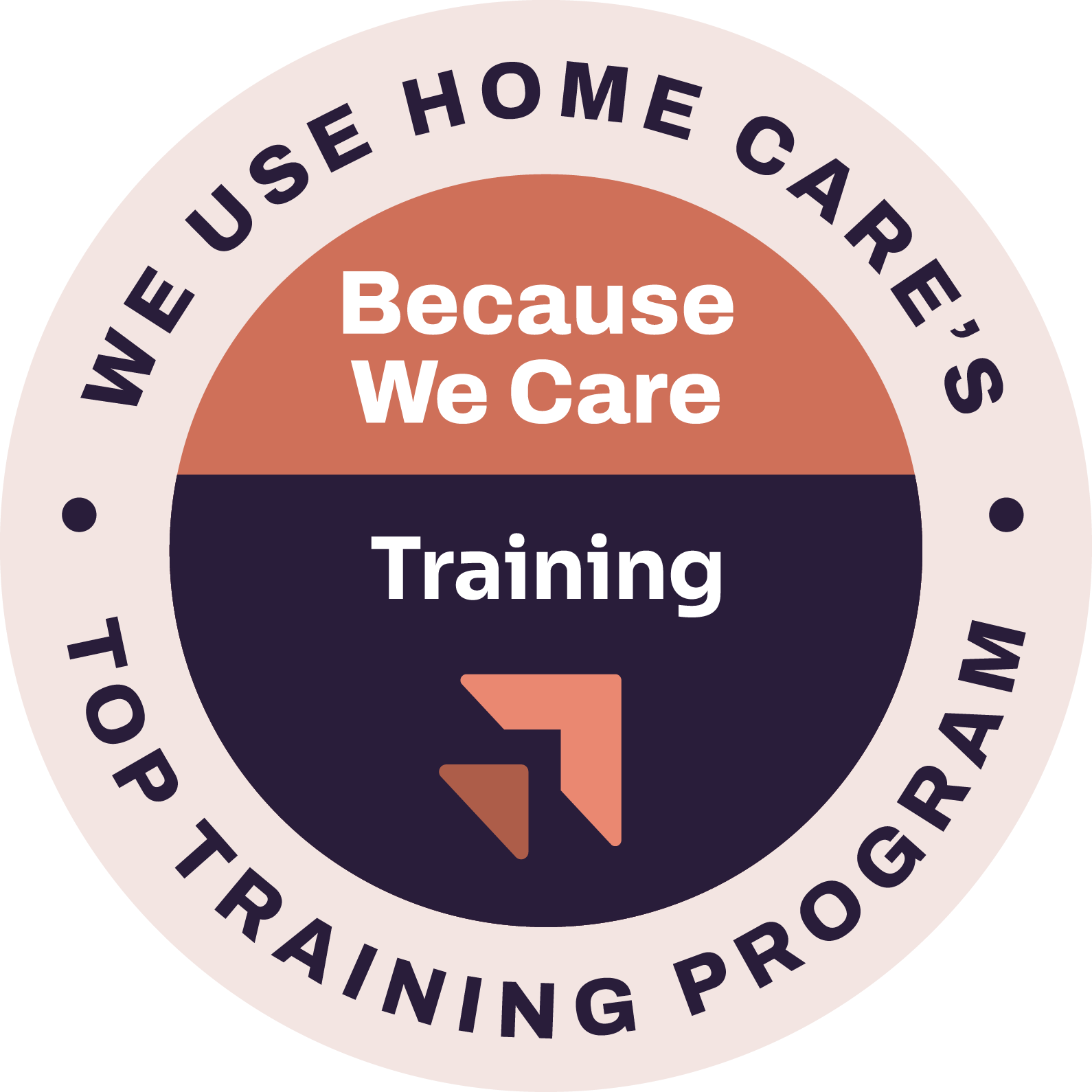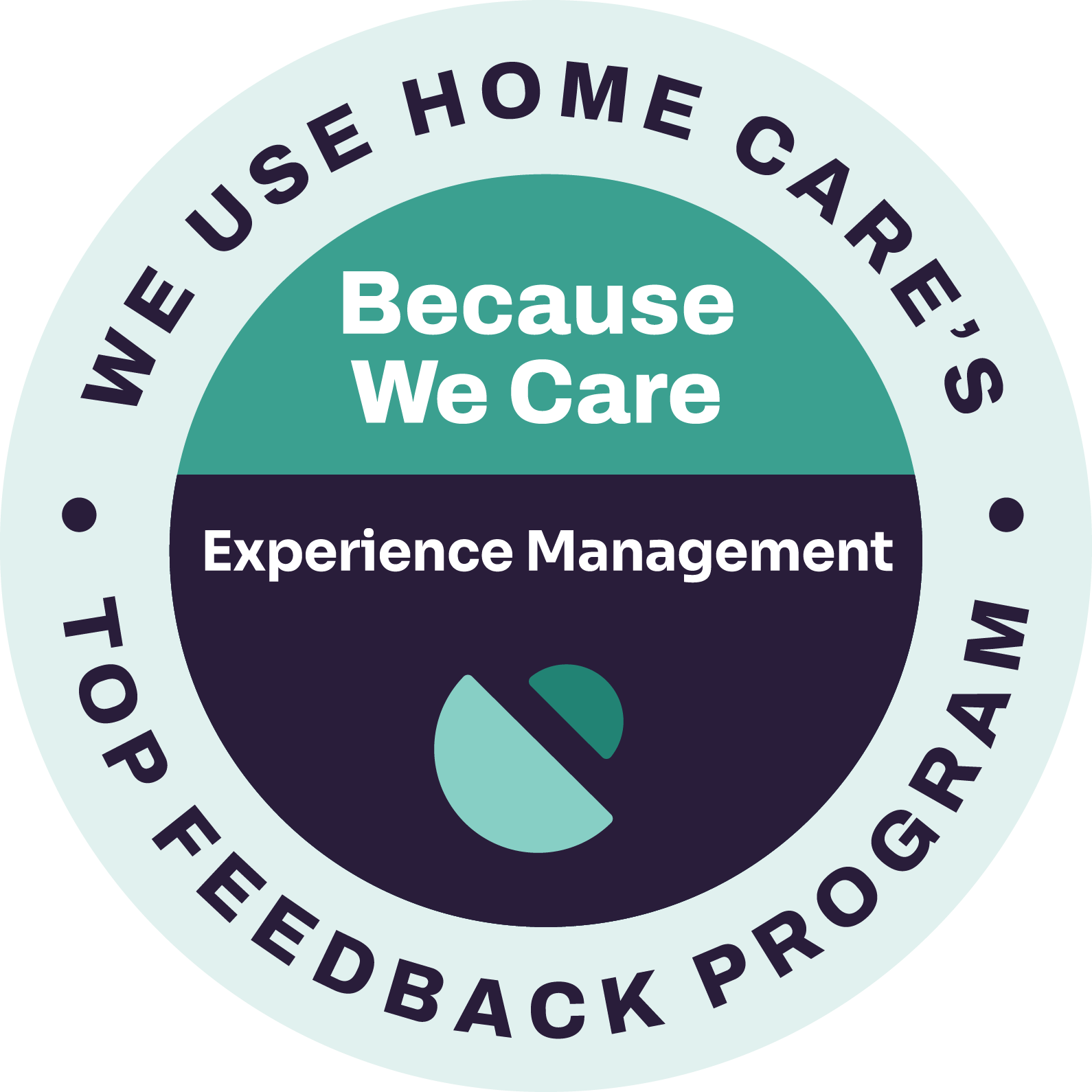Want to know how you can improve your health without doctors or meds? Read on!
It had been almost a year since Scott had seen his mom, Shirley. Last Thanksgiving had been sobering, as his mom’s well-being had noticeably declined. She seemed “down” and preoccupied with her aches and pains. To Scott’s surprise, this time he found his mom to be happier, more energetic, and dare he think, vibrant. What had changed?
When they were alone, Scott brought it up. “Mom, you look so good! Did your doctors adjust your prescriptions?” Rather than answering him directly, Shirley got up, went to her bedroom, and returned with a book in hand. It was…a journal. The first entry was dated ten months ago.
“Deborah (his mom’s lifelong friend) told me she’d taken up journaling and suggested I try it. It’s kind of surprising how things just come to mind.” As he flipped through the pages, Scott noticed the underlines and the asterisks. Shirley continued, “Some of those were hurtful memories. I made the conscious choice to forgive them. Other times it’s thoughts of your father or a sunrise or a Blue Jay at the feeder, and I write jot down little notes of appreciation. I’ve come to look forward to doing this every day.”
Healing Backed By Science

In Writing For Recovery: The Healing Power of Words, Piedmont Health’s Angelina Buttimer recommends journaling for anyone dealing with a chronic illness or taking care of a sick loved one. She explained, “People are free to release their emotions when they write in a journal,” and listed these benefits of journaling regularly:
- Decreases stress
- Reduce the number of doctor visits
- Help patients recover from trauma and distressing experiences
- Assist with pain reduction
- Serve as a managing mechanism for chronic pain
- Decrease depression and anxiety
A Psychology Today article reported, “Studies have associated writing with lower blood pressure, lower pain and medication use, reductions in depression, and increased immune function, bringing positive health effects to a variety of populations.”
Shirley went on to mention, “Deborah also challenged me on my self-talk. She pointed out to me how often I was thinking about myself negatively. Things I would never say to someone else.”
This, too, has scientific backing. The Neuroscience Behind Our Words concluded, “negative words release stress and anxiety-inducing hormones.” Coach Psychologist wrote, “Our words are taken literally by our minds, that’s the reason positive words of encouragement can be a key factor in surviving and overriding negative thoughts.” The article goes on to point out that using positive language is a practice, a skill you get better at the more you do it.
Sharing Words of Encouragement

Greeting card companies have long known the power of their words. Who doesn’t enjoy reading what was printed on the cards? But the hand-written note, as part of that card or by itself, is uniquely special. Gayle, a breast cancer survivor, told us about cards and notes she received during treatment. Some were even from people she’d never met. She was so grateful to know people cared!
Recognizing how receiving a letter or email can brighten our day testifies to the healing power of words. Gayle went on to say that she makes a point every Wednesday to write and send two cards or letters. “Encouragement and hope. These are gifts I can give!”
More: 10 Activities for Engaging Seniors At Home + 10 More to Explore! (activities 16, 17, and 18.)
Your Sunlight Caregiver Can Help

Want to start a journal, but don’t have a journal to write in? Your Sunlight Caregiver can drive you to the store to get one. Want to practice positivity? Let your caregiver know so they can help with that. Interested in regularly sending encouraging notes? Your caregiver can verify that you’re keeping up and take the notes to the mailbox. If writing is a physical challenge, you could consider dictating what you want to say and have your caregiver write it down for you!
Sure, there’s lots of other options for reaching out to others, from email to phone and video calls, and of course being face-to-face. But as identified above, writing out those words has unique benefits for your well-being. Writing provides a safe place to express and release emotions. You might not be comfortable saying those things to others.
So…how can you use the healing power of words in your life?






